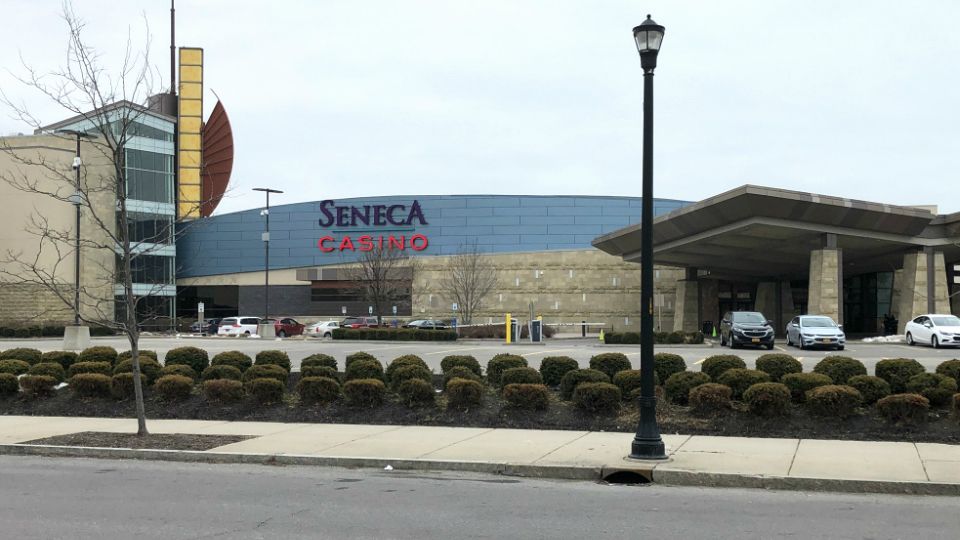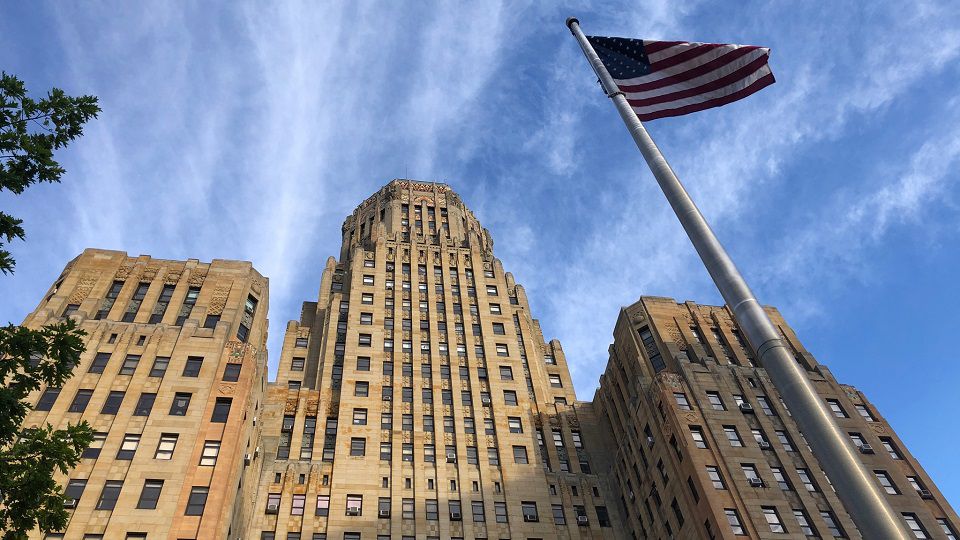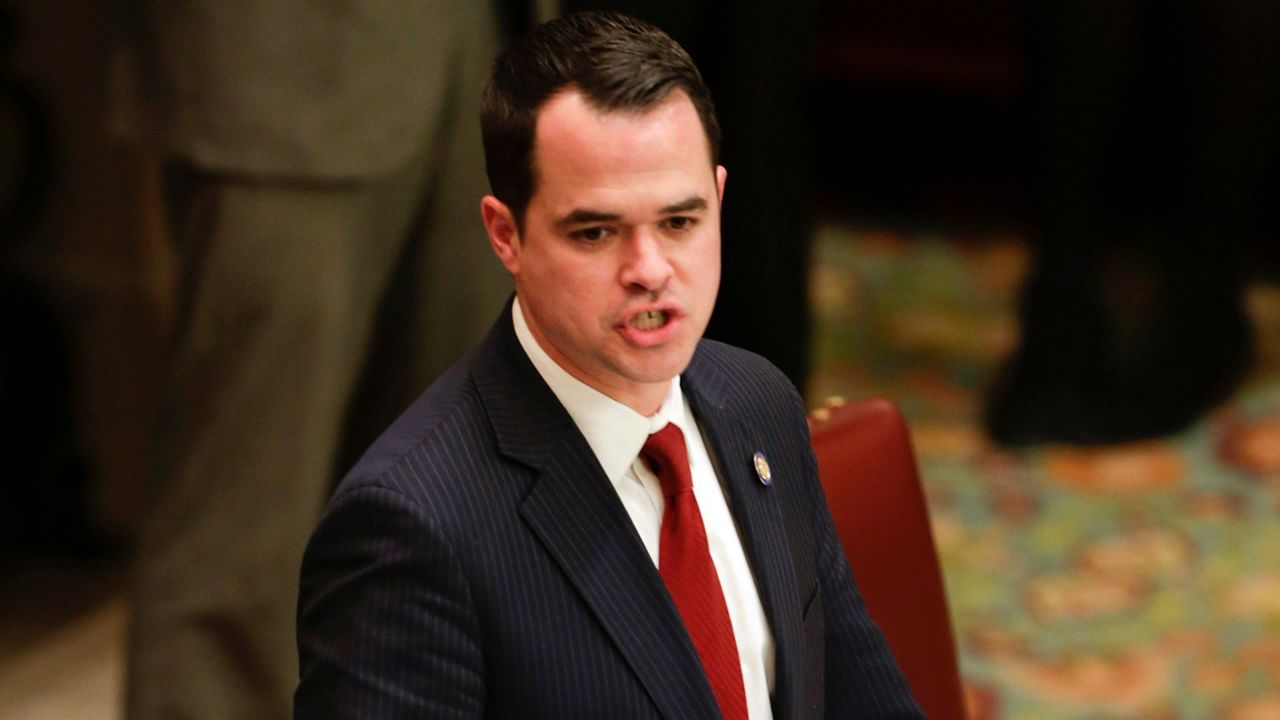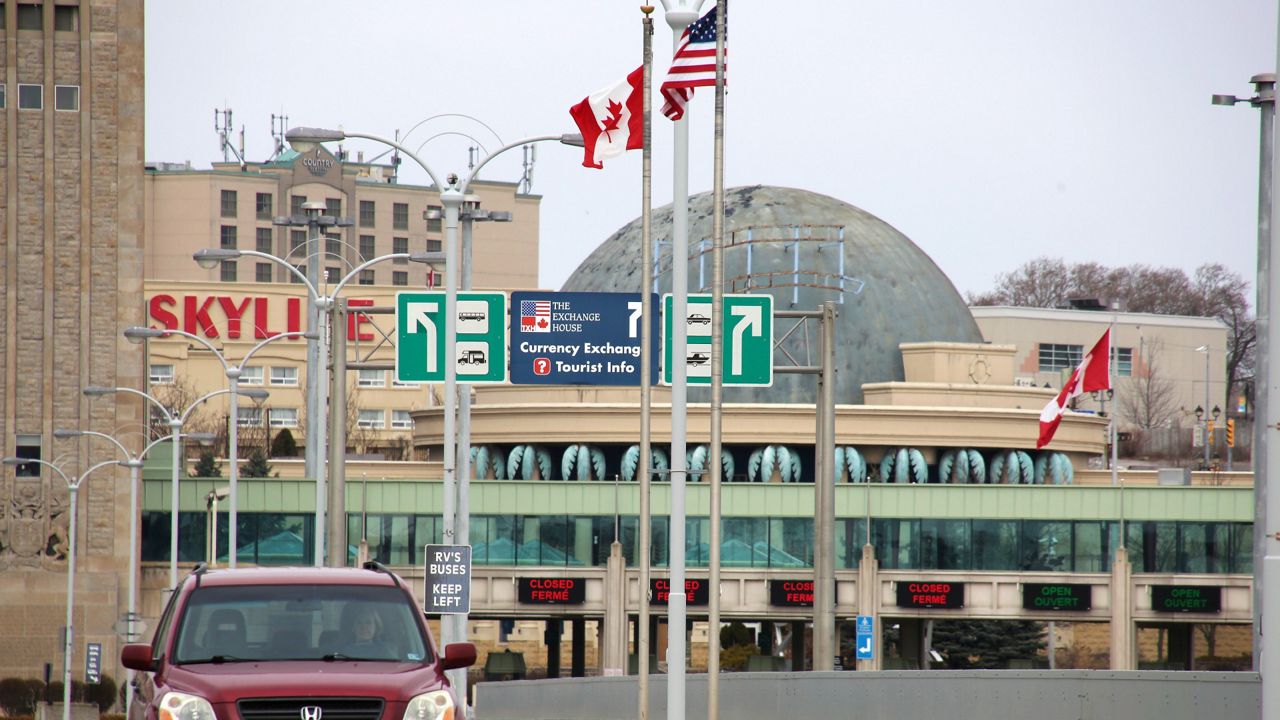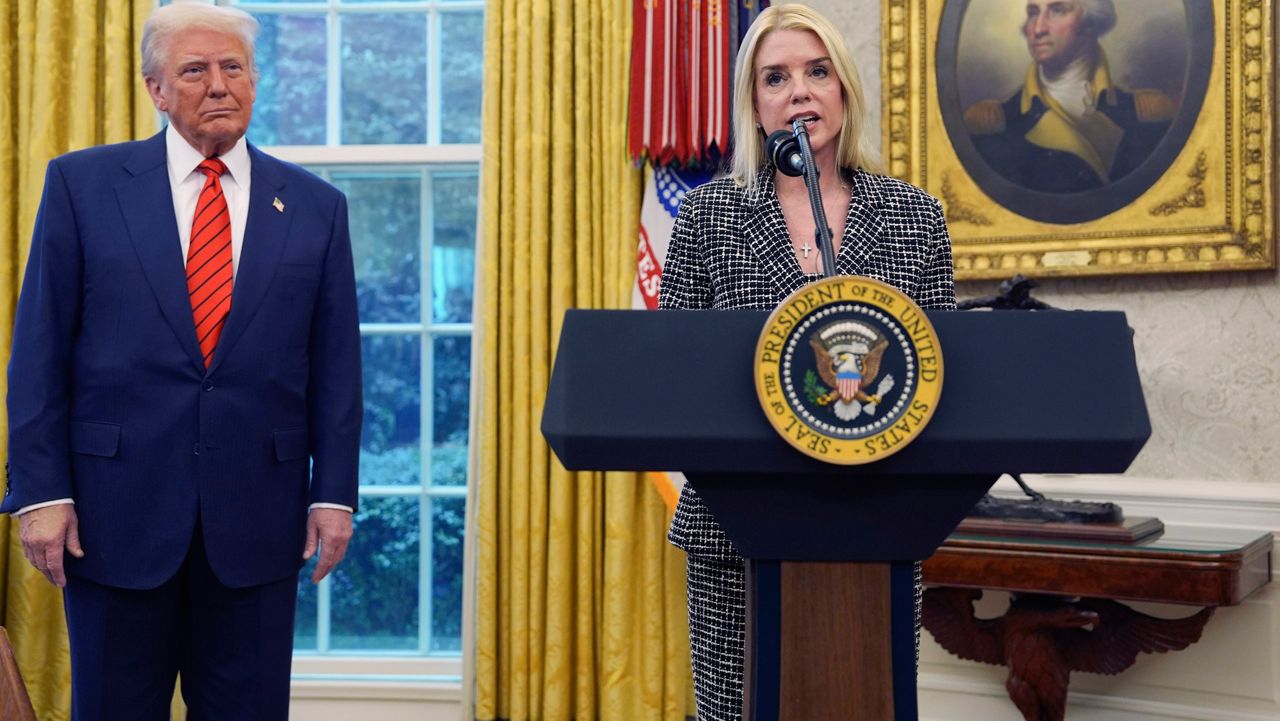BUFFALO, N.Y. -- The Seneca Nation of Indians said it has reached an agreement in principle with New York state to continue operating casinos for another 20 years.
This is not the final step, but a major one after what the Senecas admit have been sometimes contentious negotiations. The Senecas said they reached a framework deal early Wednesday afternoon although they have not released any major details yet.
President Rickey Armstrong, Jr. in a brief press conference said the specific terms will be finalized in the next few days. He said the negotiating parties hope to move as quickly as possible.
The current deal has been in place since 2002 and expires Dec. 9. The Seneca's three casinos in Western New York are the largest revenue generator for the Nation.
The state and cities where those casinos are located have received roughly $2 billion as part of a revenue-sharing agreement, although those payments were a source of conflict and litigation during the last third of the compact.
Up until today, it appeared uncertain a deal would get done prior to the end of the state legislative session.
"Negotiating a fair compact was critical to the future of the Seneca Nation and the future of Western New York. Throughout the negotiations, our focus remained on arriving at a fair equitable deal that secured the future of our gaming operations, the final funding for our operations that provide critical services for our people and a significant jobs and economic benefits it generates in Western New York," Armstrong said.
The Legislature must authorize the governor's office to sign off on the deal before they leave this week or would have to come back. Gov. Kathy Hochul recused herself from negotiations because her husband works for Seneca gaming competitor Delaware North but is ultimately required to approve it.
In a short statement, a spokesperson for her office said they are pleased they have reached an agreement in principle that serves the interest of both parties and benefits Western New York communities. The Seneca Nation citizens must approve by a referendum vote and Armstrong says the next several weeks will be used to educate them about the specifics.
The final step is review and approval from the federal department of interior.





